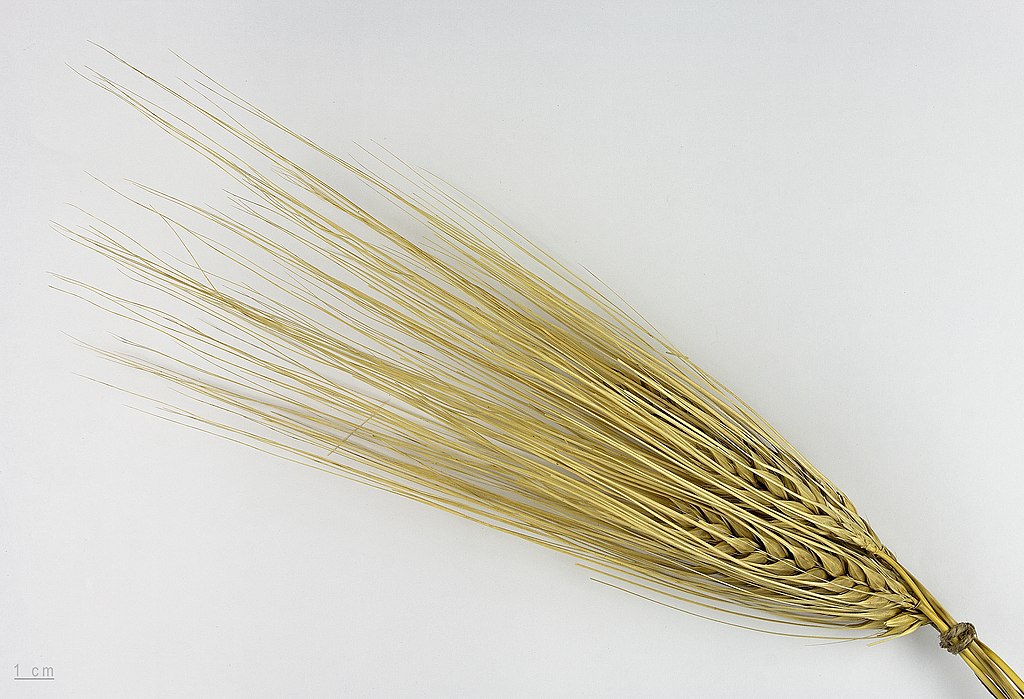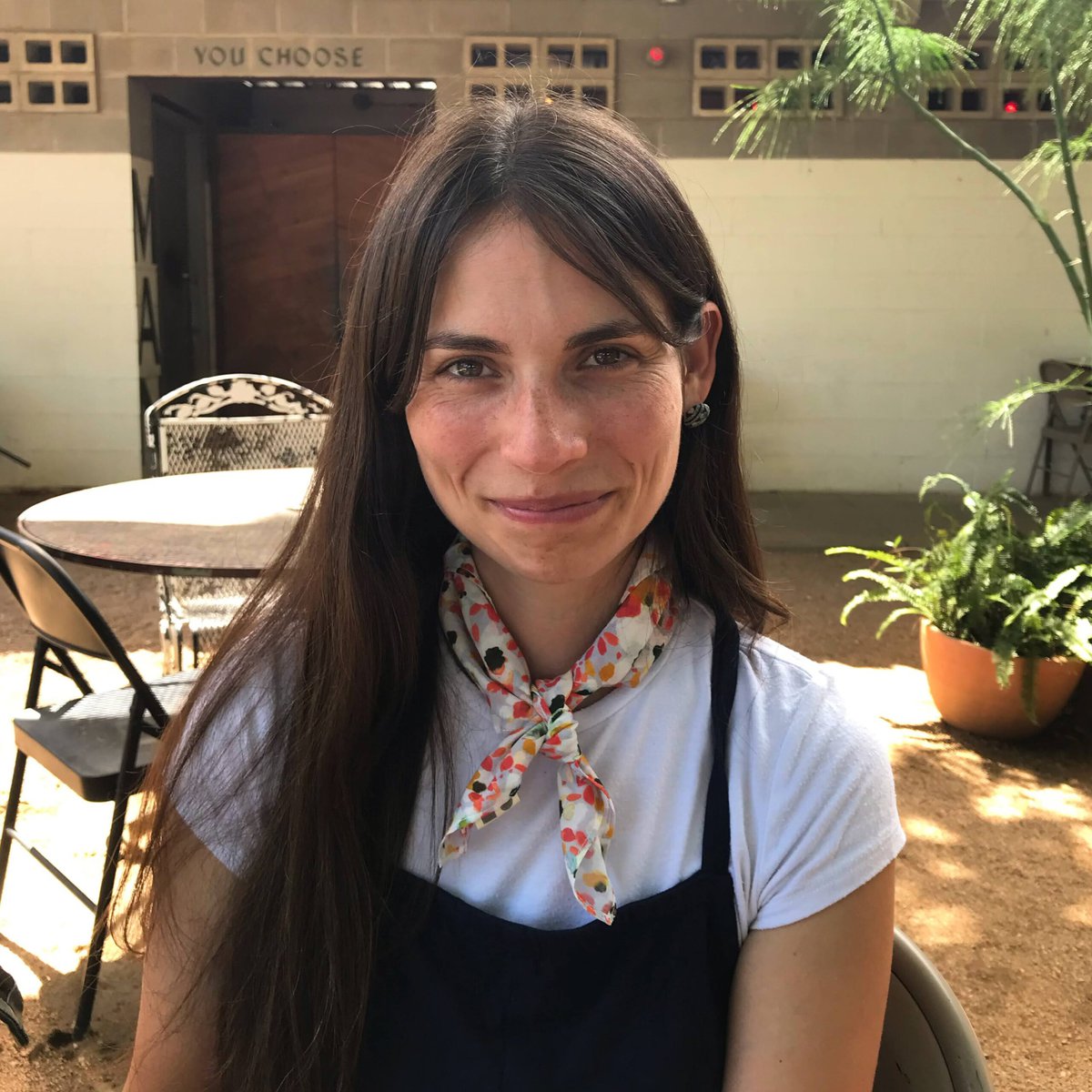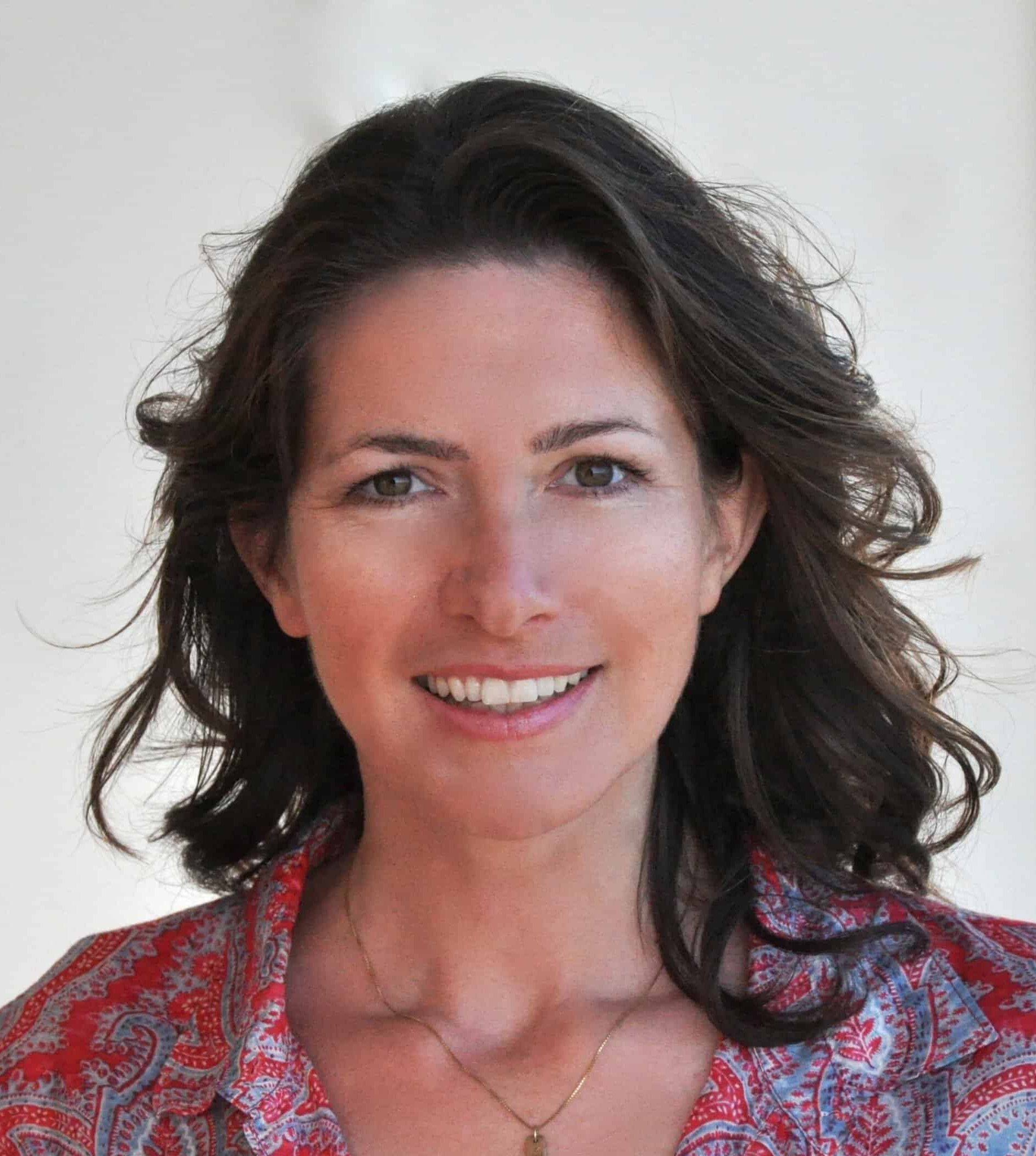Welcome back to our weekly behind-the-scenes glimpse at what’s getting our team talking. Let us know what you think at [email protected].
Great grains
At RTBC, we are often drawn to solutions that are, well, old. Sure, we like innovation, but there’s something alluring about the idea that the solution to a problem has been out there waiting to be rediscovered. That’s part of what drew Editorial Director Rebecca Worby to a story from Inkcap Journal this week about a Bronze Age crop in the UK’s Outer Hebrides.
Becca says:
Recently I’ve read several stories about how ancient crops — in this case bere, a very old variety of barley — can help us adapt to climate change. This one is beautifully written. Part of it is also about how distilleries on these islands are using the grain, which seems like a ripe subject for a future story of its own.

 Planting plans
Planting plans
A decade ago, close to half of the Dominican Republic’s land had been degraded. According to a story from El País shared by Contributing Editor Michaela Haas, a large-scale land recovery plan has yielded impressive results: one-fifth of the Caribbean country has been reforested in 10 years.
Michaela says:
Impressive when a country reverses the downward trend.
What else we’re reading
🛟 The Finnish miracle: how the country halved its suicide rate – and saved countless lives — shared by RTBC founder David Byrne from the Guardian
🐏 Welcoming Relatives Home: Bringing Back the Bighorn — shared by Rebecca Worby from YES! Magazine
🏗️ What Texas can teach San Francisco and London about building houses — shared by David Byrne from the Financial Times
From our readers
Della Gilleran from Sacramento, California sent us a story from the Christian Science Monitor about what happened when neighbors said “yes in my backyard” in Boston’s Back Bay. As Della notes, it’s a “rare story of a wealthy community finding solutions to homelessness.”





 Planting plans
Planting plans






